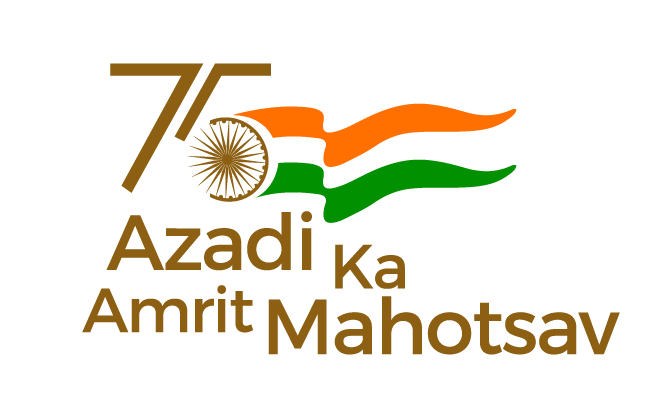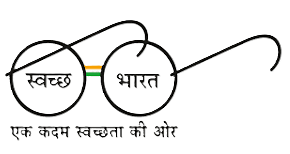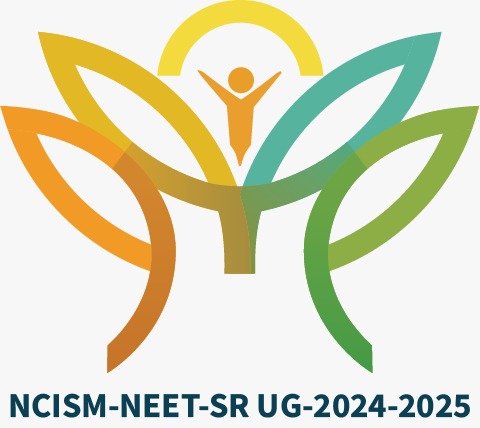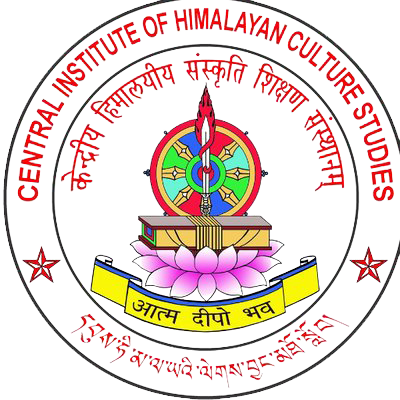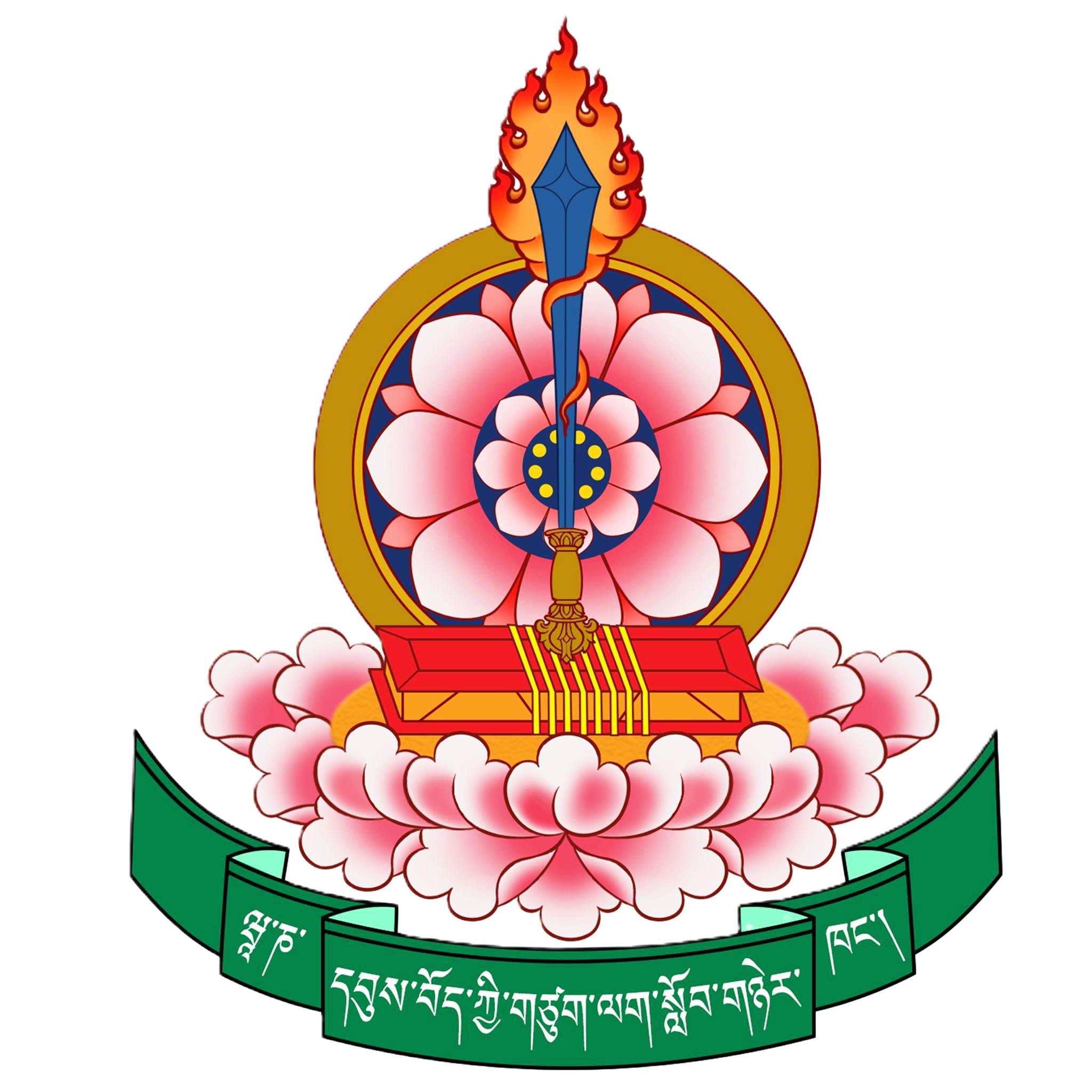faculties
NOTICE BOARD

Faculty of Hetu Evam Adhyatma Vidya
The Faculty Consists Of Three Departments:
- Department of Mool Shastra
- Department of Sampradaya Shastra
- Department of Bon Shastra
Programs offered by the faculty are:
- Shastri (BA)– UG
- Acharya (MA)– PG
- Vidyavaridhi (PhD.)
Program Outcomes:
The objective of this program is to develop among the students the capacity to explore the nature of reality at an initial stage with respect to the external and internal world with the study of various systems of philosophical schools through Shravan, Chintan and Bhavana, the three progressive stages for internalization and transformative process. Since Nyaya (logic), Pramana (epistemology and cognitive science) and Manovigyana (Psychology) are instrumental in facilitating the study of philosophy, they are important components of philosophical study. With deeper knowledge of the nature of reality, students can engage deeper in research, writing and teaching, and in their engagement in spirituality.
At the Shastri level, along with Buddhist philosophy, many other subjects: Sanskrit Language (compulsory), Tibetan language (compulsory), English and Hindi (one to be opted from two), Tibetan History, Asian History, Political Science, Economics, Special Sanskrit and Pali (one to be opted from six) are provided for wider exposure.
The objective of this program is to develop among the students the capacity to explore the nature of reality at an advanced stage with respect to the external and internal world with the study of various systems of philosophical schools through Shravan, Chintan and Bhavana, the three progressive stages for internalization and transformative process. Since Nyaya (logic), Pramana (epistemology and cognitive science) and Manovigyana (Psychology) are instrumental in facilitating the study of philosophy, they are important components of philosophical study. With deeper knowledge of the nature of reality, students can engage deeper in research, writing and teaching, and in their engagement in spirituality.
In Acharya, the contents are much more advanced to provide a much deeper and wider perspective of Buddhist philosophy and its other components.
The objective of this program is to develop among the students the capacity to explore the nature of reality at an analytical stage with respect to the external and internal world in the study of the chosen research topic within the Indo-Tibetan Buddhist Philosophical Tradition. The program also facilitates in equipping the students to rigorously analyse various studies and references related to one’s topic which are available in other traditions and languages through the means of various Traditional & Modern Research Methodologies. In terms of those who choose Restoration of a Lost Sanskrit Buddhist Text from its Tibetan Translation as one’s topic will be well trained to delve further into Major Restoration Projects of Lost Sanskrit Buddhist Texts. With deeper knowledge of the nature of reality along with research skills, students can engage further deeper in research, writing and teaching in the field of Indo -Tibetan Buddhist Philosophical Studies, and in their engagement in spirituality.



